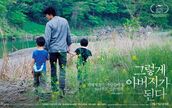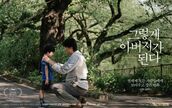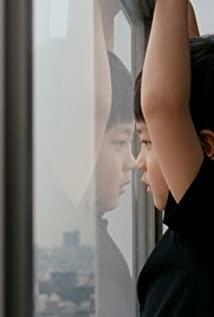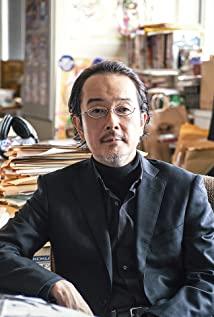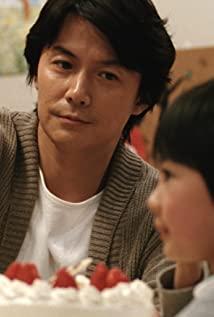Keita's father doesn't just represent some kind of family elder in Japan, but reflects the entire cultural background of East Asia (and perhaps India). The results of this educational model are often unhealthy, or at least rarely successful. Na Yu’s personal experience told me that the violin players he met in the Salt Lake City Symphony Orchestra all had their own jobs, but their piano skills were better than those of academic violinists born in China. Coincidentally, in the academic field, no matter how good we Chinese are in mathematics, people who are really full of creative mathematical brains still mainly exist in Western society. For them, the origin of learning lies in their own interest and motivation, not oppression.
Our growing environment is always under the command of our parents to choose between secondary school or high school, art or business, and most of the choices are only for one thing - to find a job. However, such an intergenerational process damages the child's inherent invisible wings individually and destroys the industry structure of society as a whole. Therefore, the actual data is that there are more than 150 universities in the first and second tiers of the United States, and there are 211 schools in China for the first class of undergraduates alone. The overall number of so-called "college students" trained in China is simply out of proportion to the job demand. Even so, the Chinese people who go out are still directed at the reputation, ranking, degree and other factors of a certain school. This kind of thinking runs through our whole life, so when we reach the employment stage, we start to consider visas, green cards, city level, etc... But we never imagined that the philosophy of life brought by such a process can only be is to become a subordinate. Because, to a certain extent, only those who truly have their own hobbies and dreams can truly dominate and control the mainstream of the world; those who pursue fame and fortune can only survive under the rhythm of lingering pressure.
The environment in which you grow up is really important. Although Ryusei can't play the piano, dare not take a bath by himself, and seems to know nothing, his childhood is just the most naive. He knows how to fly a kite, knows if Spider-Man is a real spider, and maybe when he grows up, he'll fix broken appliances. Keita's adoptive father ignored these basic points of being a person. I don’t know if a child is not gregarious when he is an adult, whether he cares about material things and money, whether he knows how to communicate, whether he has had a love experience when it was his first love, whether he knows how to face the difficulties of life, and whether he will live independently. Vinegar's life... These too many details depend on the education of parents since childhood. An introverted child is not necessarily because he/she is introverted, and a person who worships money doesn't know what money and material things are at the beginning of life. All consequences depend on the original cause, and the one who planted the cause is precisely every generation of parents... I don't know how to judge the so-called right and wrong, but I believe the audience in front of the screen will tend to Because of choosing a growth environment that likes Ryusei.
The film suddenly took a legal turn in the plain narrative, allowing us to see the ugliness of human nature from the nurse (I think this is also one of East Asian cultures). However, the film does a good job of handling Keita's adoptive father's human turn towards the end, ending the story in the calm twilight of a long-shot reunion of the two families. I've always admired a habit of most American audiences: to sit after the movie until the subtitles are finished! In my opinion this is out of respect for the film crew. Silently watching the entire subtitle layout, I wondered, what role will I play in educating the next generation? I actually like the concept of Ryusei's adoptive father. This is also the origin of my love for America. This is the real family centric, the real simple and happy life! ("Oh My God")~~
View more about Like Father, Like Son reviews




